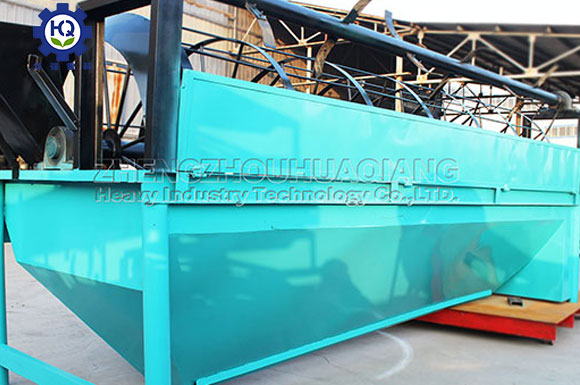
In organic fertilizer production lines, the fertilizer screener machine is a key piece of equipment. Its efficiency directly impacts how smoothly the whole process runs and the quality of the final product. Understanding what affects its screening efficiency is important for improving the production process and boosting output.
1.Material Properties
Factors like particle size distribution, shape, moisture content, and stickiness significantly affect screening results. High-moisture organic materials tend to clog the screen mesh, while irregularly shaped particles reduce the pass-through rate.
2.Equipment Parameters
Screen mesh size should match the target product specs exactly. The screen deck angle is best kept between 15-25 degrees. Vibration frequency is usually maintained at 800-1500 times per minute. An amplitude range of 3-5mm is ideal.
3.Operating Conditions
Using the right feed rate prevents overloading the screen surface. Even feed distribution ensures the screen surface is used fully. Regular cleaning prevents mesh clogging. Reasonable operating schedules reduce equipment fatigue.

4.Maintenance
Check the screen mesh for wear weekly. Lubricate bearings and moving parts monthly. Replace damaged mesh promptly. Remove built-up material residue. Good maintenance habits extend the fertilizer screener machine's life and keep screening efficiency stable.
5.Factors
Conditions like temperature and humidity in the production area also affect screening. Especially in damp conditions, pay close attention to material moisture control. Adding a drying step might be necessary.
By fully understanding these factors, organic fertilizer producers can target improvements to their screening process. This boosts production efficiency while ensuring consistent product quality.